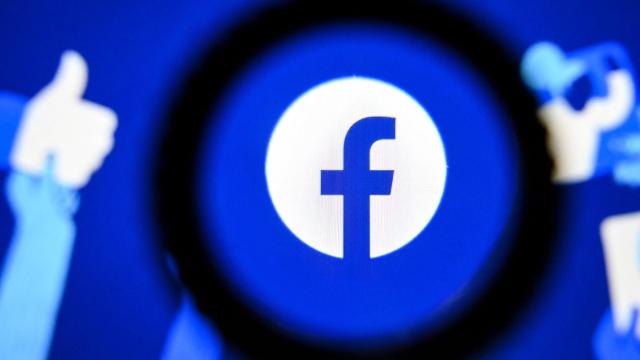It’s implicitly understood that the roughly $US200 ($270) billion that folks are expected to spend on digital ads this year in the US will be spent on more than a few phony figures, puffed-up sales pitches, and numbers that are just, well blatantly fake. It’s just a reality in the industry and no one is immune. But some of those numbers are going to be faker than others. Case in point: last week, Facebook quietly rolled out an update to the way it counts users on the platform, essentially saying it will start counting people’s Instagram and Facebook accounts as… two separate users. The reason? To milk more money from advertisers, of course!
Just to back up a bit, Facebook charges advertisers a certain amount based on the performance of their particular Facebook ad. What “performance” means varies from ad to ad, but in a nutshell, advertisers plunk down a certain amount of money (a “budget”) into Facebook’s ad systems and tell the company what they want end users to do when they see their ad — like clicking on the ad, or hitting the like button underneath it, for example.
After 30 days of the ad running, Facebook tallies how many users clicked, liked, or downloaded the product being advertised, and it charges advertisers based on the total number of users that took that step. In other words, the more users interact with an ad the more money that Facebook can charge — and sometimes, each of these interactions can run close to $US6 ($8) a pop.
The way that Facebook used to measure each of these individual users made a lot of sense. According to Graham Mudd, Facebook’s VP of Product Marketing, the company would count one user with, say, a separate Facebook and Instagram account as one user if the company believed that those accounts were owned by a single person.
“For example, if someone used the same email address across their Facebook and Instagram accounts or accessed both platforms from the same device, we counted them as one person when they interacted with ads,” Mudd wrote. Again, makes a lot of sense! It’s also not what Facebook’s going to be doing anymore, according to Mudd.
From here on out, he wrote, “if someone does not have their Facebook and Instagram accounts linked in Accounts Centre, we will consider those accounts as separate people for ads planning and measurement.” This change, he went on, will roll out “over the next few weeks.”
I’d never heard of Accounts Centre before reading this announcement, and there’s a good chance I’m not alone. This was a tool that the company rolled out in September 2020 as a way to voluntarily connect their accounts across Instagram, Messenger, and Facebook proper. Connecting these accounts was fully optional, but as the company said at the time, it came with a few perks: accounts could be recovered more easily, for example, or stories could be cross-posted on Facebook and Instagram simultaneously. But aside from that initial announcement, I haven’t seen the tool mentioned anywhere in my Instagram or Facebook apps, and neither have the folks at Indiehackers, who first covered Mudd’s announcement. An FAQ describing the tool states that Accounts Centre is “currently being tested” and “isn’t available to everyone” who has a Facebook or Instagram account.
Those people, ostensibly, are going to have their Facebook and Insta accounts counted as two separate users — even if the company clearly knows better — until they do get access to the tool. When that will be, well… only Facebook knows for sure. But the company has plenty of reason to keep looking for creative ways to juice its numbers; a few weeks ago, Mudd put out a separate blog post admitting that thanks to some of the recent pro-privacy changes introduced by iOS, the company had been under-reporting some of the clicks and app downloads users were making upon seeing their ads.
This meant that Facebook wasn’t getting the ad budget cut that Facebook rightfully felt that it deserved — and considering how the company earns close to 98% of its revenue off targeted ads, it’s not surprising that the company’s looking for some, um, “creative” ways to make back that difference.
